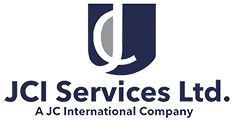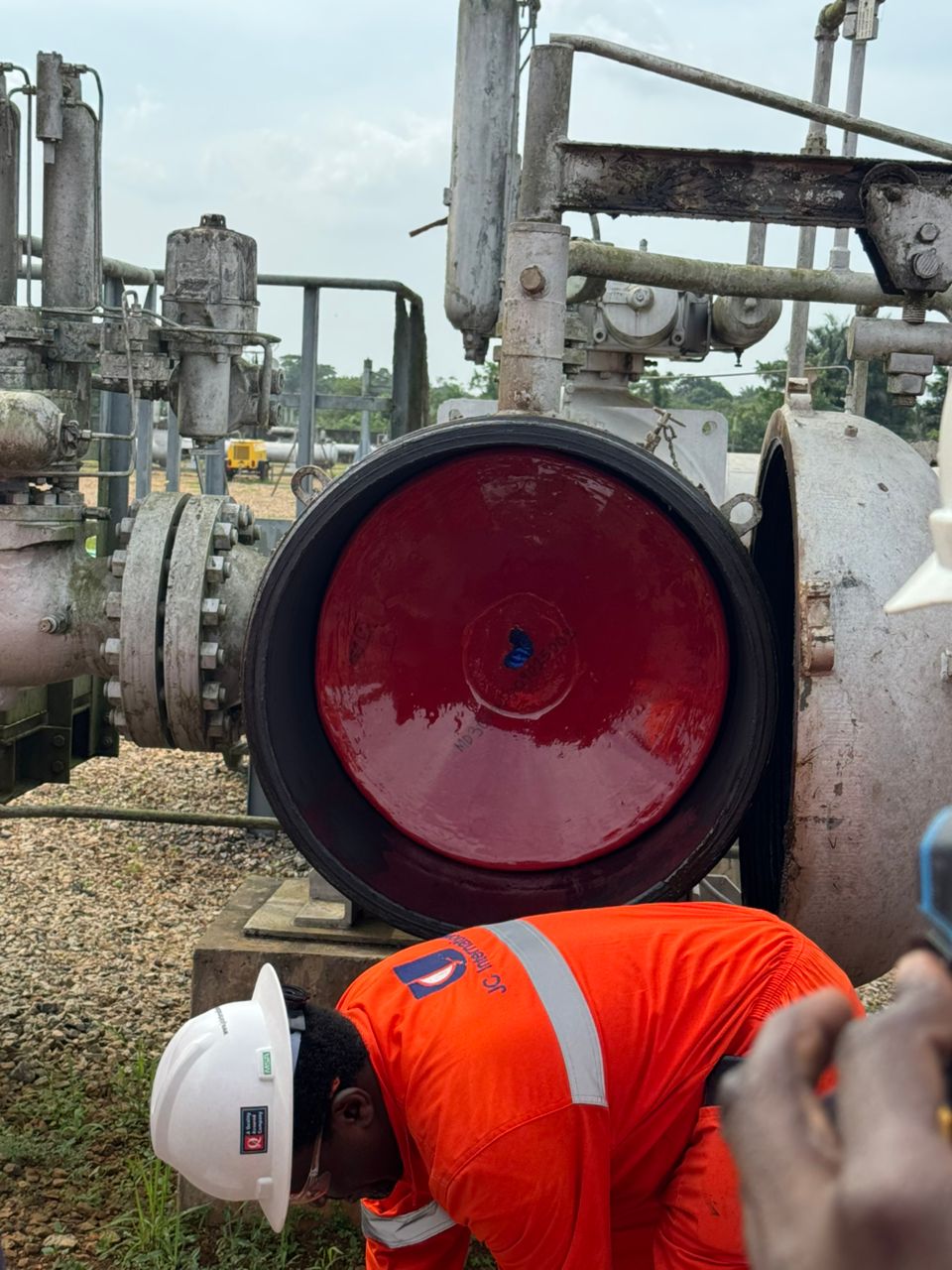In the oil and gas industry, keeping pipelines clean, safe, and fully operational is essential for maintaining efficient operations. With hundreds of kilometres of pipelines transporting oil, gas, and other vital products across regions, the need for reliable maintenance solutions is critical.
One effective solution to these challenges is the use of pigging operations, a specialized process involving mechanical devices called “pigs” to clean and inspect the pipeline, enhancing flow efficiency and detecting any issues early on.
In fact, a pigging operation is a crucial process used in the oil and gas industry to clean and inspect pipelines. The pig itself is a cylindrical device inserted into the pipeline and pushed through by the flow of the product. It’s kind of like a cleaning tool on steroids, scouring the inside of the pipeline to remove any build-up or debris.
But why is this process so important for Pipeline Maintenance?
- Safety Enhancement
Well, pipelines are the lifeline of the oil and gas industry, transporting valuable products over long distances. Over time, pipelines can accumulate deposits like sediment, wax, or even corrosion that lead to blockages, corrosion, or pressure build-ups, which increase the risk of ruptures or leaks. Pigging removes these potentially hazardous buildups, reducing the likelihood of incidents. Additionally, the use of smart pigs equipped with advanced sensors allows operators to detect issues like cracks or thinning walls early on, enabling timely repairs that enhance pipeline integrity and protect both the environment and personnel.
- Proactive Problem Detection
Pigging operations provide real-time data on the pipeline’s internal conditions, allowing companies to address issues before they escalate. Smart pigs collect critical information on factors like wall thickness, corrosion rates, and physical deformations. With early detection, operators can schedule maintenance proactively, minimizing disruptions and preventing costly, unplanned shutdowns. By investing in regular pigging, companies can extend the lifespan of their infrastructure and reduce the need for more extensive repairs down the line.
- Environmental Compliance
In today’s industry landscape, meeting environmental standards is essential. Leaks or ruptures in pipelines can lead to significant environmental harm and regulatory fines. Regular pigging aligns with environmental best practices, helping companies maintain leak-free operations and ensuring compliance with safety and environmental regulations. By monitoring the internal conditions of pipelines, companies can prevent issues that might lead to environmental contamination and avoid the reputational and financial costs associated with regulatory non-compliance.
- Optimized Operational Costs
Routine pigging not only improves pipeline performance but also results in lower operating costs. With reduced drag from sediment and blockages, pipelines can operate at optimal flow rates, reducing energy consumption. Pigging also reduces the wear and tear on pumps and other equipment, minimizing the need for repairs or replacements. The upfront investment in pigging technology translates to long-term savings by increasing the efficiency of pipeline systems and preventing costly breakdowns.
Different Types of Pigging Operations
Pigging is not a one-size-fits-all solution; it includes a range of pig types and methods tailored to specific operational needs. Here are a few examples:
- Cleaning Pigs – These are designed to clear the pipeline of wax, scale, and other deposits. They are essential for maintaining a clear flow path and optimal pipeline capacity.
- Inspection or Smart Pigs – Equipped with sensors, smart pigs inspect the pipeline for structural issues like corrosion, wall thinning, or cracks. The data collected allows operators to gauge the health of the pipeline and make informed maintenance decisions.
- Separation Pigs – When different fluids need to be transported in the same pipeline, separation pigs act as a barrier between products, preventing cross-contamination.
- Batching Pigs – Used to push different products through a pipeline without mixing, batching pigs are particularly helpful in multiproduct pipelines.
Why Choose JCI Services for Pigging?
JCI Services delivers tailored pigging solutions to enhance your pipeline’s performance, safety, and longevity. Our expertise, combined with cutting-edge technology, ensures your pipelines stay clear, compliant, and operating at their best. Whether you need routine maintenance, emergency cleaning, or detailed inspection, JCI Services has you covered.
Keep your operations running at peak efficiency—contact JCI Services today and discover how our pigging solutions can support your infrastructure and operational goals.
Call us on +256 700 422 795
Email: service@jciservices.com

